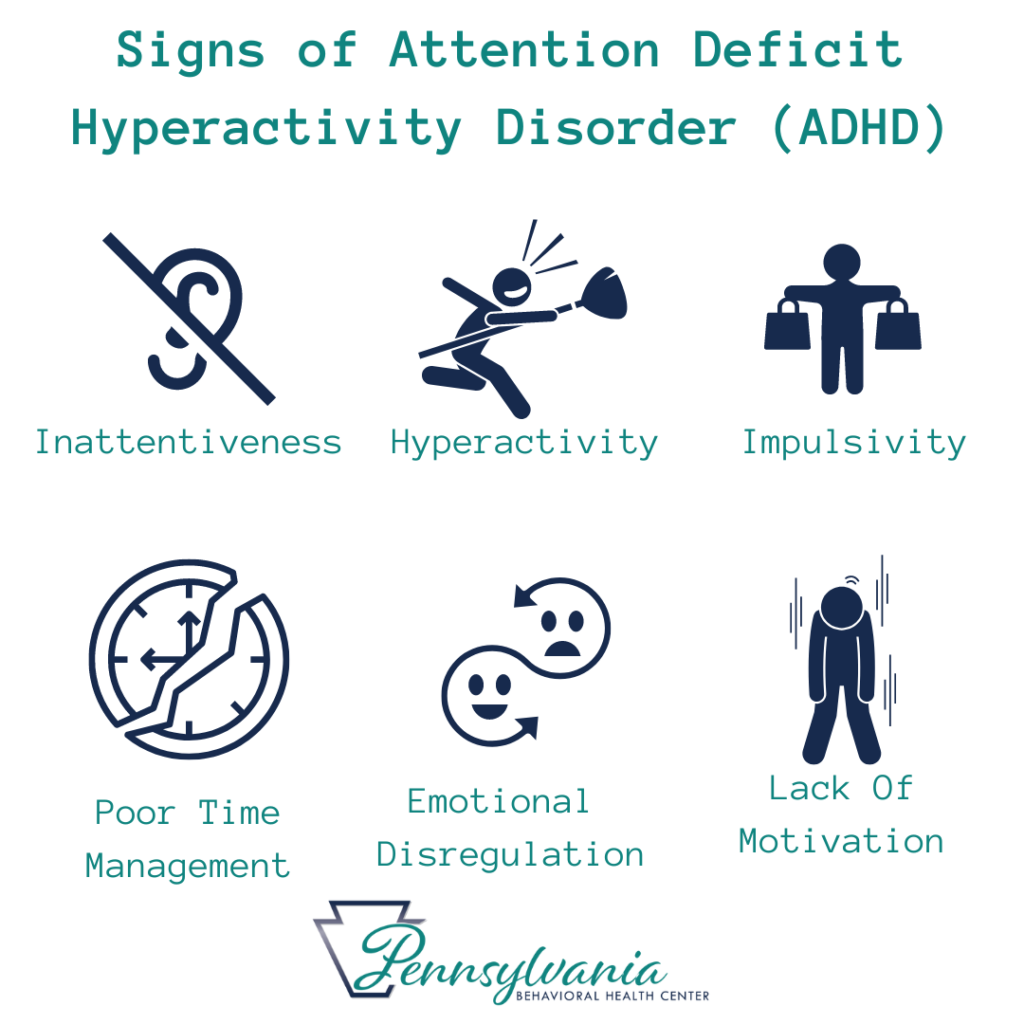Your Guide to Discovering the Right ADHD Treatment for Lasting Outcomes
Browsing the intricacies of ADHD treatment calls for a nuanced understanding of both the disorder and the myriad alternatives available for efficient management. It is necessary to identify that what works for one person might not necessarily produce the exact same outcomes for another. Thus, a customized strategy-- incorporating expert advice, medicine, behavior approaches, and way of living adjustments-- comes to be critical. Nonetheless, the journey towards determining the most suitable treatment plan can be stuffed with difficulties. What are the key variables that affect successful outcomes, and just how can people ensure they get on the appropriate course?
Recognizing ADHD and Its Influence

In grownups, ADHD can lead to obstacles in office environments, affecting productivity, time monitoring, and interpersonal relationships. Commonly, undiagnosed or incorrectly took care of ADHD can contribute to co-occurring mental health and wellness issues, such as anxiousness and anxiety, further complicating an individual's overall well-being.
The social assumption of ADHD can vary, leading to preconception and misunderstanding, which may impede individuals from seeking assistance. As recognition grows, it is vital to foster a setting that advertises understanding and support for those impacted by ADHD, stressing the requirement for precise medical diagnosis and tailored techniques to minimize its effect on day-to-day life.
Introduction of Therapy Alternatives
A thorough method to dealing with ADHD incorporates a selection of options customized to the individual's distinct needs. These alternatives can extensively be categorized into behavioral treatments, psychoeducation, and lifestyle modifications, together with medicinal therapies that may be explored later on.
Behavioral treatments, such as cognitive-behavioral therapy (CBT), focus on customizing particular actions and establishing coping approaches to manage symptoms efficiently. Psychoeducation plays a vital function in equipping both people and their families by providing info about ADHD, its challenges, and efficient techniques for support.
Lifestyle adjustments can dramatically affect ADHD management. Routine exercise, a balanced diet plan, and adequate sleep add to total wellness and sign control. Mindfulness techniques and leisure techniques can likewise enhance focus and lower impulsivity.
Support system and household treatment can cultivate a sense of counseling for parents and child neighborhood and understanding, assisting individuals feel less separated in their experiences. Each therapy choice need to be taken into consideration along with the person's preferences and circumstances, making certain an all natural approach that advertises long-term success. Eventually, the goal is to produce a tailored therapy strategy that deals with the particular obstacles associated with ADHD while enhancing overall lifestyle.
Medicine: Pros and Cons
Medicine plays an essential duty in the therapy of ADHD, with countless alternatives available that can dramatically relieve symptoms for lots of people. Energizers, such as methylphenidate and amphetamines, are generally recommended and have shown performance in enhancing focus, decreasing impulsivity, and boosting overall behavior. These drugs function by increasing dopamine and norepinephrine degrees in the brain, which are typically dysregulated in those with ADHD.
However, the usage of medication is not without its obstacles. Some people might experience adverse effects, consisting of sleeplessness, reduced cravings, or increased stress and anxiety. Additionally, finding the ideal dose can be a trial-and-error procedure, calling for close tracking by healthcare specialists. Furthermore, not all patients respond to energizer medicines, leading some to discover non-stimulant alternatives, which might have a delayed onset of activity or different adverse effects.
It is essential for people and their families to consider these pros and disadvantages meticulously. Stabilizing the advantages of sign management versus prospective adverse effects is essential for accomplishing optimum treatment end results. Cooperation with doctor can promote informed choices, making sure that medicine becomes part of a comprehensive ADHD management plan.
Behavior Modification Techniques

One frequently used method is Cognitive Behavior Treatment (CBT), which helps individuals determine and change unfavorable idea patterns that add to ADHD-related obstacles. Therapist for ADHD. With CBT, clients learn to set sensible goals, handle time properly, and establish organizational systems
One more efficient method is Moms and dad Management Training (PMT), which enlightens moms and dads on how to reinforce favorable habits and reduce adverse ones with regular discipline and interaction techniques. This method cultivates a supportive home setting that urges behavior improvements.
Social abilities training is additionally essential, aiding people with ADHD navigate social communications better. Role-playing and modeling proper actions can boost social competence and lower stress and anxiety in social scenarios.
Way Of Life Changes for Better Administration
Just how can way of life changes considerably boost the monitoring of ADHD signs? Implementing strategic lifestyle modifications can cause substantial improvements in emphasis, company, More Bonuses and psychological regulation for individuals with ADHD.
To start with, developing a structured everyday routine assists in creating predictability, which can alleviate sensations of bewilder. Constant schedules for dishes, research, and sleep can boost day-to-day functioning.
Integrating routine physical activity is likewise essential, as exercise has been revealed to improve dopamine degrees, enhancing focus and inspiration (Therapist for ADHD). Intending for a minimum of 30 mins of moderate exercise most days can be helpful
Nourishment plays an essential role. A balanced diet rich in omega-3 fats, entire grains, and healthy protein can support cognitive function. Restricting processed sugars and caffeine may reduce symptoms, as these can bring about energy collisions and impatience.
Verdict
In conclusion, finding the best ADHD therapy demands a diverse technique that considers private needs and preferences. Cooperation with health care professionals and open interaction with support networks are crucial components in browsing the intricacies of ADHD monitoring, inevitably leading to enduring outcomes and enhanced quality of life.